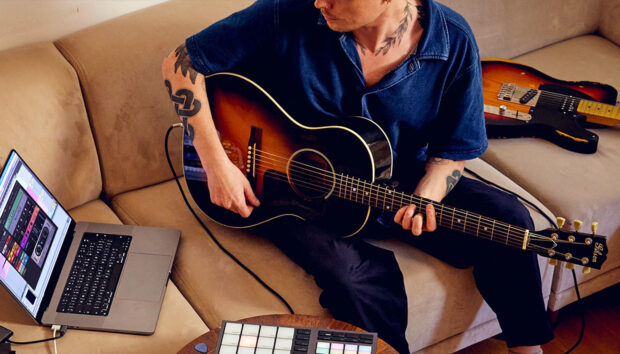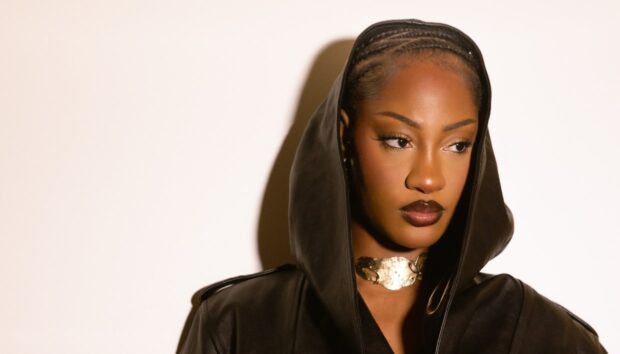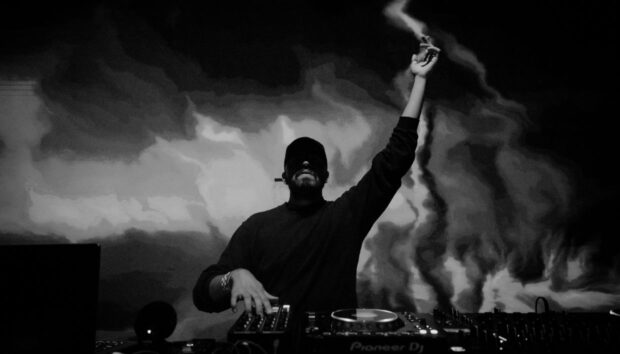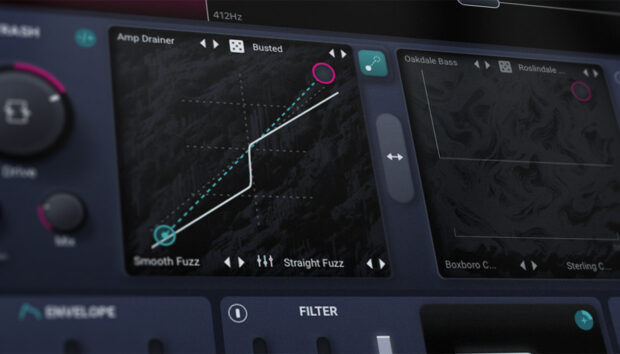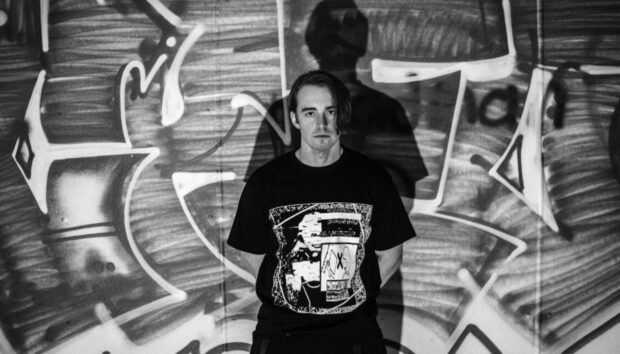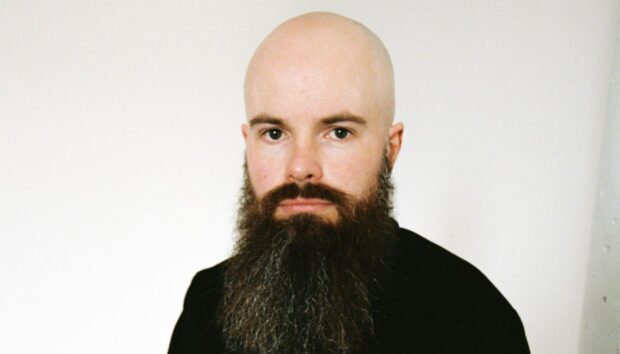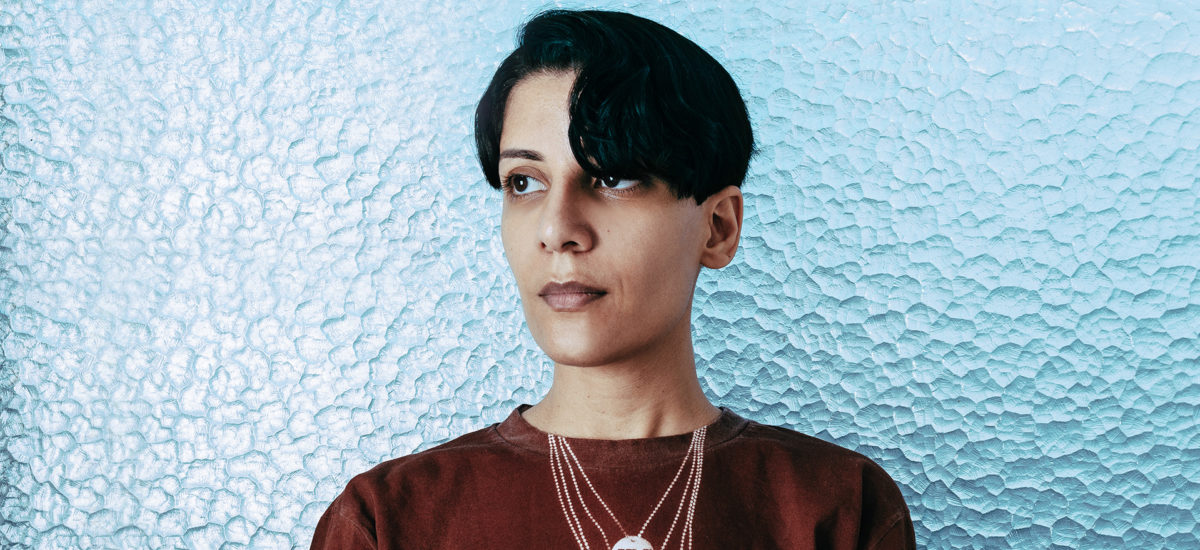
Kuwait producer Fatima Al Qadiri has become a unique, sonic force in the music community. With two LPs on Hyperdub, Brute and Asiatisch, the Berlin-based artist also produced a collaborative record with Warp as Future Brown in 2015.
What is your production setup?
My setup is basically an 88-key MIDI controller, my laptop, Logic 9, and some studio monitors. I started using Logic when I was a student in 2001. For one month I would come home from class and immediately open up the program. I had no idea how to use Logic and was hungry to learn. It actually gave me a serious back injury because I was sitting on a really horrible desk chair for hours and hours trying to figure this shit out. I mainly just used a cheap MIDI keyboard as a trigger for my software plug-ins. I’ve never owned any hardware synths or anything like that. Since then, my setup has always only consisted of software, a keyboard controller, and a simple microphone.
How do you go about creating a new track?
Sometimes I have an idea in my my head, and then I’ll try to recreate that. But most of the time, I’ll start by improvising. What I usually do is open up an existing project, remove all the musical notation, but keep the instruments.
The reason for this is that I want to save time and write as much as I can before trying out different instruments. Sound comes later for me as it takes up so much brain power. If I took the “sound first” approach, by the time I got to improvisation I’d be pooped.
I have ten records in my head that I know I want to make
Do you find that it’s hard to change the sound afterwards with that approach, having heard the production over and over again during the improvisation stage?
Definitely. It’s really hard to do. But I’d rather have a really good melody than a cool sound. For me, melody is the harder thing to get right.
You’ve done a lot of collaborations over the years. The last one being your group Future Brown (Warp Records). Do you like collaborating?
I love it. Partly because there are some skills I don’t have yet, but someone else does. That takes it to the next level for me. If you look at some major pop hits, it’s not unusual that they were made by eight people instead of just one. Just look at the production credits of ‘Bad’. It’s often a series of producers working on one track. It doesn’t always work, because it means leaving your ego at the door. Otherwise you won’t be able to do this kind of collaborative work. You all have to be on the same page.
For me, it doesn’t stop at Future Brown. I want to open my music practice up and collaborate with a lot more people, simply because it’s fun. For me, collaborating is like a rolling of the dice in Reaktor’s Polyplex – you don’t know what sound you’re going to get. You can end up making some crazy shit. Who knows? To close that door and be all like, ‘I’m a solo musician,’ that seems silly to me.
Do you know what you’re going to work on next?
I have ten records in my head that I know I want to make. I even have names for all of them. I’m overwhelmed with the amount of things I want to do. In a sense, I feel destined to make all these records and I want to make them now. I’ve noticed that a lot of artists who make a really great record worry about how they’re going to follow that up. I have no problem with that. Zero anxiety. I just don’t know when I’ll be able to make all these records. The problems for me are things like living expenses.
What do you do when you run into a creative block?
Basically, I’ll improvise for a while and if that doesn’t work, I’ll open up a different Logic session from an older track with other instruments already loaded up and try improvising again. I do that all the time. If, after three or four attempts, I’m still not getting any results, I’ll stop and try again the next day. I might get frustrated for an hour, then I’ll go to bed and try again in the morning.
You now release music under your given name after using some monikers in the past. Was there a reason behind that?
Online, I was constantly being referred to as ‘bro’, ‘man’, ‘dude’, etc. The biggest reason I started using my real name was to make my gender completely unambiguous. I decided that, because I am producing instrumental electronic music, I had to use my real name. If I didn’t, people would just continue to refer to me as a guy all the time. The funny thing is that, even now, they still do.
You’re from Kuwait but have lived in New York and now Berlin. Do you feel that living in Kuwait for the first 15 years of your life has had an impact on your writing and production style?
My father’s record collection was a huge influence. He studied in Russia and had a large collection of Russian classical music. He was constantly playing this, along with Cerrone and Grace Jones. I remember hearing Cerrone’s song ‘Supernature’ when I was five and thinking what is this? I felt like I was going on an electronic odyssey of some kind.
We’d be playing monopoly as a family, you know, thinking strategically and all, hearing all these weird records in the background. It was like some crazy exercise. My dad couldn’t even have a serious conversation without having music on in the background. He couldn’t stand silence. He doesn’t even know how to drive without the radio on.
On the other side of my family, my mom only listened to super-emo music, exclusively sung by women. And these female singers would only be singing about heartbreak, all day long. Just Iranian and Arab women, no western music. The bombastic and military-esque vibe I heard in my dad’s music is definitely something I hear in my own productions now. Generally though, in both my parent’s music collections, the thing I was drawn to most was the drama. The musical drama levels in my house were very, very high.
What’s the most important thing you’ve learned from spending so much time in the studio?
Patience. Music is like figuring out a puzzle, and failure is part of solving that puzzle. Look at me: Ten years to figure out how to make a track on the computer proficiently.
photo credits: Camille Blake
Watch an interview with Fatima Al Qadiri, Lotic, and WIFE at Native Sessions here.








